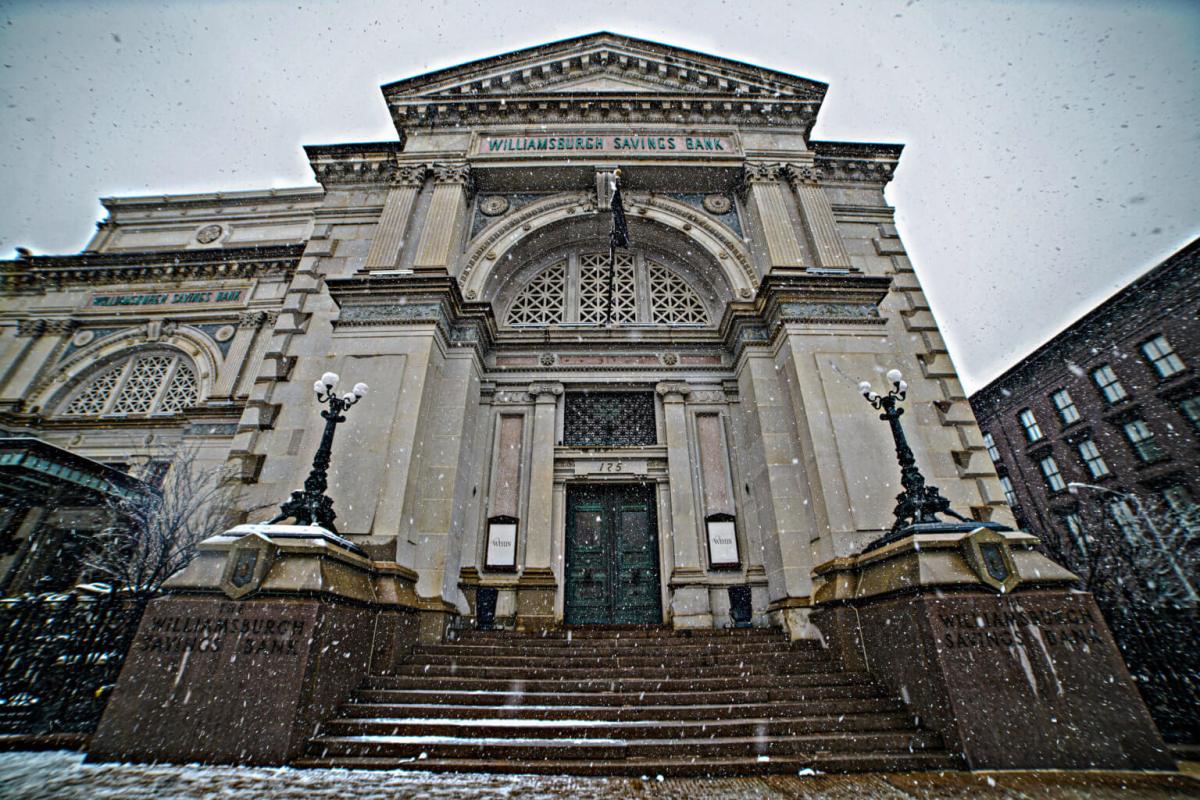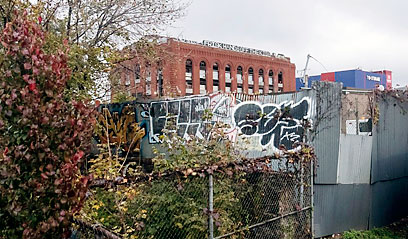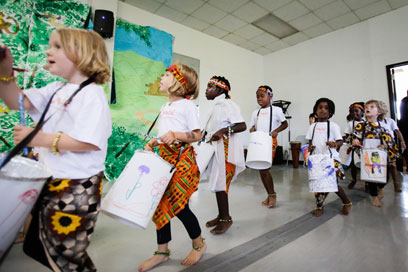After a year of shuttered kitchens and empty banquet rooms, New York City’s catering halls will finally be allowed to fire-up their stoves and welcome back patrons on March 15, Gov. Andrew Cuomo announced.
“Going forward, we are very excited about the possibility of reopening venues with testing,” Cuomo said during a Jan. 29 press briefing.
Weddings and large catering events will be allowed to resume at a 50 percent capacity, with a maximum cap of 150 people. All attendees must be tested for COVID-19 prior to entry, and the event must be pre-approved by the local health department, Cuomo said.
The news comes as a much-needed lifeline to catering hall proprietors, who often employ far more people than a typical restaurant.
Located in the iconic Williamsburg Savings Bank building at 175 Broadway, event-space Weylin has been shuttered since March — and executive director Carlos Perez San Martin says they’re ready to reopen safely, with proper safety protocols in place.
“We are super excited to resume work after a full year of closed doors. If protocols and guidelines are followed, we are not nervous of executing events and we are hopeful that this is the first step on our way back to normal,” San Martin said. “It will take some transitional times but I am positive that after the summer we should be close to normal, and 2022 should be no different than times before COVID.”
Although the Weylin has been shuttered, San Martin says they are still booking reservations for events in 2021 and 2022.
“We have been taking many reservations since lockdown. Weddings are usually booked at least 9 months in advance, with an average of 12 months. Many brides have not been frightened by COVID, and have made bets that early this year a solution/vaccine would be available. A few months ago we even booked an event for November 2022,” San Martin said.
San Martin credits these early reservations, as well as government aid, for helping Weylin stay afloat through the prolonged closure.
While employees experienced a 40 percent cut in salary, and maintenance workers reduced weekly hours from 40 to 24 hours, Weylin has been able to maintain 90 percent of their staff with minimal layoffs.
“Although the pandemic slowed down event bookings, it has not stopped them. We have also offered COVID discounts during the toughest times and smart couples have taken great advantage of those back then. All of these bookings have helped maintain cash flow to cope expenses,” San Martin said.
While classic catering halls like Weylin have been able to maintain their staff, famous event sites such as the Loeb Boathouse in Central Park have been forced to cut their staff of around 150 people altogether.
“The vast majority of people who booked during the time we were closed have rebooked for a later date,” said concessionaire Dean Poll.
Even with the impending March 15 reopening on the horizon, Poll doesn’t expect to get back to normal any time soon, as the Central Park site is unduly reliant on the tourism industry, which will continue to see steep declines from pre-pandemic levels.
“I think 2021 is still going to be very difficult, 2022 will be less difficult, and I would not expect to be doing 2019 business until 2024. I think it is going to take five years. The boathouse, as with many restaurants in the city, are very dependent on tourism. We get New Yorkers. We get more New Yorkers than people may think. But make no mistake about it, when a city has 65 million visitors coming, many of those people take a walk-through Central Park, and many of those people come to visit the Boathouse for ala carte. I don’t think anyone is going to expect to be seeing the volume of people we had in 2019,” Poll said.
The owners of other catering halls have gotten creative to survive the pandemic-related recession.
The managing director of Manhattan event spaces Gotham Hall and Ziegfeld Ballroom, Allen Kurtz, said he’s closed the kitchens — but turned to other uses for the space.
“I’ve done religious services, I’ve done filmings, virtual events, and have some fashion shows coming up,” Kurtz said.
Both Gotham Hall and Ziegfeld Ballroom are shuttered venues, but the FDA added a parameter making it harder for certain event spaces to qualify for government aid.
“They added in a line that says you must have fixed seating,” Kurtz said.
Comedy clubs, like neighboring Carolines on Broadway which uses cabaret tables instead of fixed seating, are prime examples of the peculiar situation, according to Kurtz.
“We qualify for everything with sound rigs, all the boxes are checked,” Kurtz said.
Meanwhile, Kutrtz also remains apprehensive about the March 15th opening due to the lack of regulations provided — leading him unable to answer clients’ questions as the specific rules and regulations have not been announced yet.
“All this goes to show is that the government has no idea of what we do,” Kurtz said.
This story first appeared on amNewYork.























